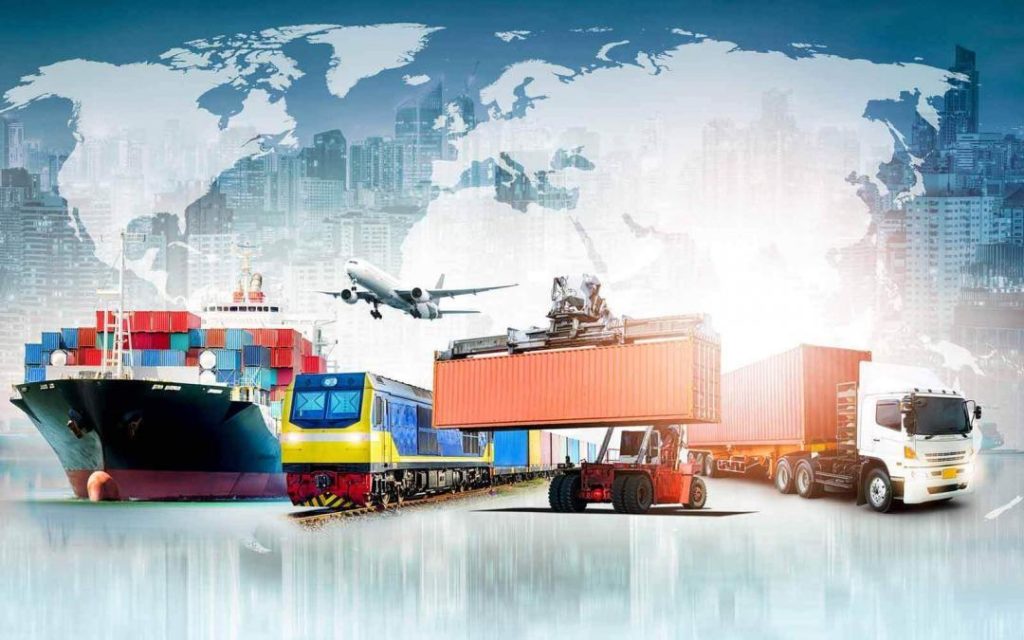Logistics in Healthcare – Ensuring Timely Delivery of Life-Saving Supplies
Logistics in healthcare plays a critical role in ensuring the timely delivery of life-saving supplies, medications, and medical equipment. This complex and intricate system involves the efficient movement of goods from manufacturers to healthcare facilities, pharmacies, and ultimately to the patients in need. Timeliness is of utmost importance in healthcare logistics, as delays can have dire consequences on patient outcomes. One of the primary challenges in healthcare logistics is managing the delicate balance between supply and demand. Hospitals, clinics, and pharmacies rely on a steady and accurate supply of medications, surgical instruments, and other critical supplies to provide the best possible care to patients. Timely delivery is essential to avoid shortages and maintain the continuity of care. Effective inventory management systems and real-time demand forecasting tools help streamline this process, ensuring that essential supplies are always available.

Another aspect of healthcare logistics involves the careful handling and transportation of these life-saving supplies. Many medical products, especially medications, have specific temperature and storage requirements. Failures in maintaining the integrity of these products can render them ineffective or even dangerous to patients. To address this, specialized transportation methods and temperature-controlled storage facilities are employed to maintain the integrity of the supplies during transit. Furthermore, the last mile delivery to patients is a crucial element of healthcare logistics. Home healthcare services, pharmacies, and outpatient clinics depend on reliable delivery services to reach patients in a timely and efficient manner. Ensuring that patients receive their medications and supplies as scheduled not only supports their treatment but also minimizes the risk of complications or hospital readmissions. Technology plays a pivotal role in enhancing the efficiency of healthcare logistics. Automated tracking and monitoring systems provide real-time visibility into the location and condition of medical supplies during transit.
These systems help logistics professionals identify and address potential issues quickly, such as traffic delays or route optimization, to ensure on-time deliveries. Moreover, electronic health records and digital prescription systems enable healthcare providers to send electronic prescriptions directly to pharmacies, further expediting the process. Collaboration and communication between all stakeholders in the healthcare supply chain are essential for maintaining timely deliveries. This includes manufacturers, distributors, transportation provider’s freight logistics, healthcare facilities, and pharmacies. Efficient communication ensures that all parties are aware of demand fluctuations, changes in patient needs, or unforeseen events that may affect delivery schedules. In conclusion, logistics in healthcare is indispensable for guaranteeing the timely delivery of life-saving supplies. The interconnected network of suppliers, distributors, and healthcare providers must work in harmony to meet the critical needs of patients. Timeliness, accuracy, and efficient supply chain management are paramount to ensure that patients receive the best possible care and life-saving treatments without interruption. Embracing technology and fostering collaboration among all stakeholders are crucial steps in this endeavor, ultimately contributing to better patient outcomes and a more effective healthcare system.

